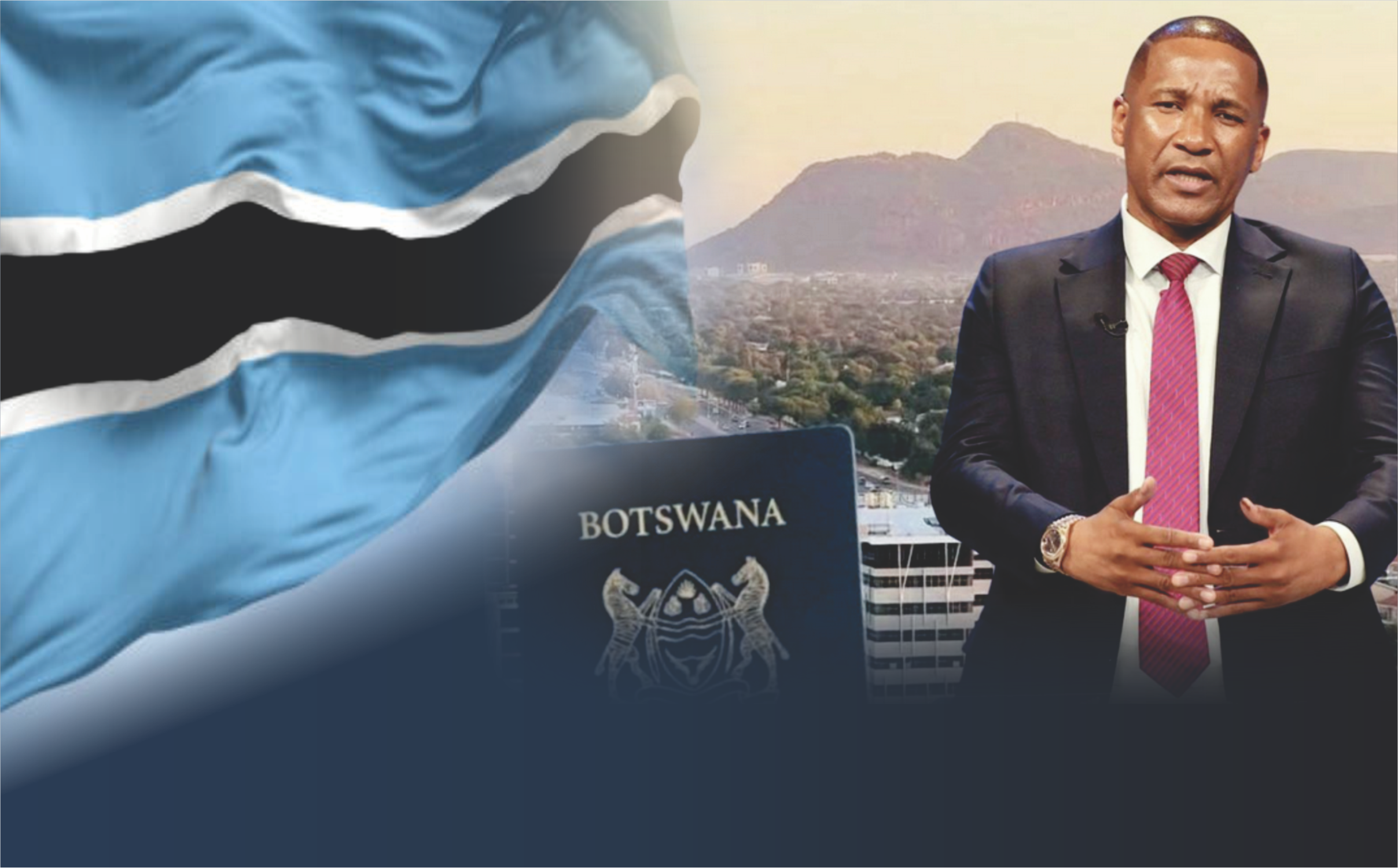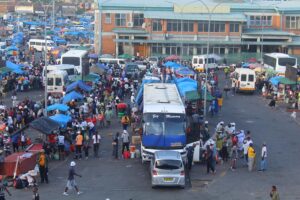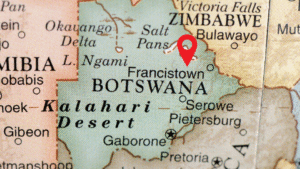Botswana’s Citizenship-by-Investment Golden Passport Opportunity: towards a Bold Economic

Botswana is preparing to enter the competitive world of citizenship-by-investment in 2026, launching what it calls the Impact Investment Program that will allow foreign nationals to acquire citizenship for contributions starting at $75,000. The scheme positions Botswana as the world’s most affordable open Golden Passport destination. Setting a new global benchmark towards how the country imagines its economic future.
President Duma Boko formalized the program in late 2025 during the UN General Assembly in New York, describing the initiative as a tool to “unlock new engines of growth” beyond diamonds, which have sustained Botswana’s economy for decades but now offer diminishing returns.
As much as this program looks like a windfall for wealthy foreigners, Botswana government insists the program is a chance to fund tangible improvements at home. Revenues will support housing projects, renewable energy expansion, strengthening the mining, financial sectors and tourism development.

Housing advocates hope the funds could relieve pressure in fast-growing towns where young people struggle to secure affordable homes. In the tourism sector, a long standing identity of Botswana’s conservation success, operators see an opportunity to improve community-run lodges and diversify tourism benefits beyond elite safaris. Some Gaborone-based residents believe these investments could finally bring development to regions that have waited for development in decades. Even small injections could have an outsized impact in rural districts.
As pathway to politics of a passport, the announcement has also sparked debate within Botswana’s political and civil society circles. Granting citizenship, which is one of the most sensitive levers of state sovereignty, has raised concerns about national identity, inequality and the risk of opening the door too widely to speculative wealth.
Critics argue that citizenship should be earned through long-term contribution, not purchased. Others worry that a ‘passport-marketplace’ could escalate social divides in a country that has prided itself on stable democratic practice with relatively low corruption.
![]()
On the other hand, the government counters that the program will operate under a strict quota system. Though it has not yet disclosed how many passports will be issued. Transparency advocates say this omission of passports volume to be issued, alongside lack of details on due diligence of recipients, processing costs and residency rules, will probably leave citizens and investors in the dark.
Compared to other programs, Botswana’s offer is aggressively inexpensive. The only comparative cheaper option is Pakistan, at roughly $18,000, but it restricts eligibility to Commonwealth nationals, making Botswana’s offer the lowest-cost worldwide. The fees to add family members is $10,000 for a spouse or minor and $5,000 for an adult dependent; keeping the scheme competitive in a global market where full family applications often exceed six figures.
Behind the competitive pricing lies a projection of government leveraging citizenship program to attract mobile capital at a time when global debt, sluggish growth and investment relocation is raying over the country. Botswana’s topmost concern would be a challenge to balance openness with safeguarding its institutions and social cohesion.

Despite the migration-by-investment fanfare, the official application portal, remains scanty. Key information such as due diligence fees, total cost estimates, processing timelines and eligibility criteria is missing. It is also unclear whether applicants will need to spend time in Botswana or demonstrate ongoing ties. Without these details, potential investors may yet gauge the full value of the program.
Botswana’s new Golden Passport initiative echoes an attempt to harness global wealth, while preserving a national identity built on democratic stability by prudent governance. Whether it becomes a driver of inclusive development or a flashpoint for political contention, will depend on the impartial transparent accountability built into the system before 2026.
At the moment, Botswana has placed its bet on a program that could reshape its socioeconomic trajectory landscape for years to come.






